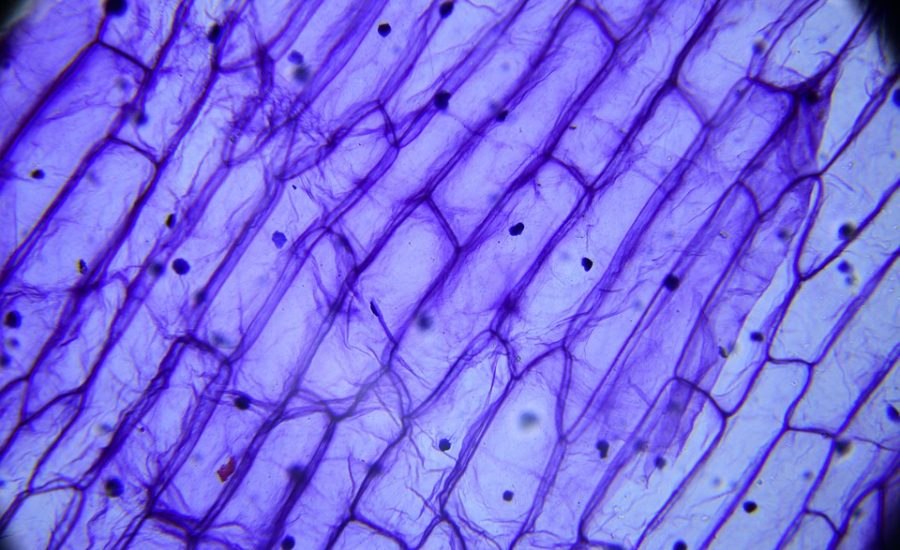Introduction
In recent years, GLP-1 (glucagon-like peptide-1) medications have gained popularity as an effective treatment for type 2 diabetes and obesity. These medications mimic the action of a hormone that helps regulate blood sugar and appetite, making them valuable tools in managing metabolic health. However, like any medication, GLP-1 drugs come with their own set of side effects. Understanding these potential side effects is crucial for patients considering or currently using GLP-1 medications.
In this article, we will explore the common and rare side effects of GLP-1 medications, as well as offer advice on how to manage them effectively.
What Are GLP-1 Medications?
GLP-1 medications are a class of drugs used primarily for:
- Type 2 Diabetes Management: They help lower blood sugar levels by enhancing insulin secretion and reducing glucagon release.
- Weight Loss: Many GLP-1 medications are also approved for weight management, helping patients reduce body weight effectively.
Some well-known GLP-1 medications include:
- Liraglutide (Victoza)
- Semaglutide (Ozempic, Wegovy)
- Dulaglutide (Trulicity)
Common Side Effects of GLP-1 Medications
While GLP-1 medications can significantly improve metabolic health, they may also lead to a variety of side effects. Understanding these can help you make informed decisions about your treatment.
1. Gastrointestinal Issues
- Nausea: Many patients experience nausea, especially when starting the medication. This side effect tends to diminish over time as the body adjusts.
- Vomiting: In some cases, this nausea can progress to vomiting, particularly during the initial weeks of treatment.
- Diarrhea: Changes in bowel habits are common, including diarrhea, which can be bothersome for some patients.
- Constipation: Conversely, some people may experience constipation, leading to discomfort.
Managing Gastrointestinal Side Effects
- Gradual Dosing: Start with a lower dose and gradually increase it to help your body adjust.
- Stay Hydrated: Drink plenty of fluids, especially if you experience diarrhea.
- Diet Modifications: Eating smaller meals and avoiding rich or fried foods can help minimize these symptoms.
2. Decreased Appetite
A common positive effect of GLP-1 medications, decreased appetite may lead to unintended weight loss. While this is often the goal, it’s essential to ensure you’re getting adequate nutrition.
Tips to Manage Decreased Appetite
- Nutrient-Dense Meals: Focus on high-nutrient foods such as fruits, vegetables, whole grains, and lean proteins.
- Frequent, Smaller Meals: Eating smaller, more frequent meals may help maintain energy levels.
3. Injection Site Reactions
For injectable GLP-1 medications, reactions at the injection site can occur.
- Redness or Swelling: Mild redness or swelling can happen but usually resolves quickly.
- Itching or Pain: Some patients may experience itching or discomfort at the injection site.
Preventing Injection Site Reactions
- Rotate Injection Sites: Change the site each time you inject to minimize irritation.
- Follow Proper Technique: Ensure you are using the correct technique as instructed by your healthcare provider.
Rare Side Effects
While most side effects are manageable, it’s essential to be aware of the rarer but serious side effects associated with GLP-1 medications.
1. Pancreatitis
Though uncommon, there have been reports linking GLP-1 medications to pancreatitis. Signs to watch for include:
- Severe abdominal pain
- Nausea and vomiting
- Fever
If you experience these symptoms, seek medical attention immediately.
2. Thyroid Tumors
Animal studies have suggested a possible link between GLP-1 medications and the development of thyroid tumors. While this has not been confirmed in humans, patients with a personal or family history of medullary thyroid carcinoma (MTC) or Multiple Endocrine Neoplasia syndrome should avoid these medications.
3. Kidney Issues
Some patients have reported renal impairment associated with GLP-1 use, particularly in those with existing kidney conditions. Stay alert for reduced urine output and swelling.
When to Seek Medical Advice
If you experience any severe or persistent side effects, it’s essential to consult your healthcare provider. Immediate medical attention should be sought for:
- Severe abdominal pain
- Signs of allergic reactions (hives, swelling, difficulty breathing)
- Dehydration symptoms, such as dizziness or rapid heartbeat
Conclusion
GLP-1 medications offer a promising solution for managing type 2 diabetes and obesity, but understanding the potential side effects is vital for every patient. While common side effects like gastrointestinal issues and decreased appetite are important to consider, recognizing the rare but serious side effects can lead to timely medical care.
If you or a loved one is considering or currently using GLP-1 medications, be proactive in collaborating with your healthcare provider to ensure a tailored approach to your treatment. Knowledge is power, and being informed can help you achieve the best outcomes for your health.
===
Incorporate these insights into your healthcare journey, and remember that you’re not alone—support is available, and the right information can lead to better management of your condition.








 Weight Loss, Unlocked.
Weight Loss, Unlocked.